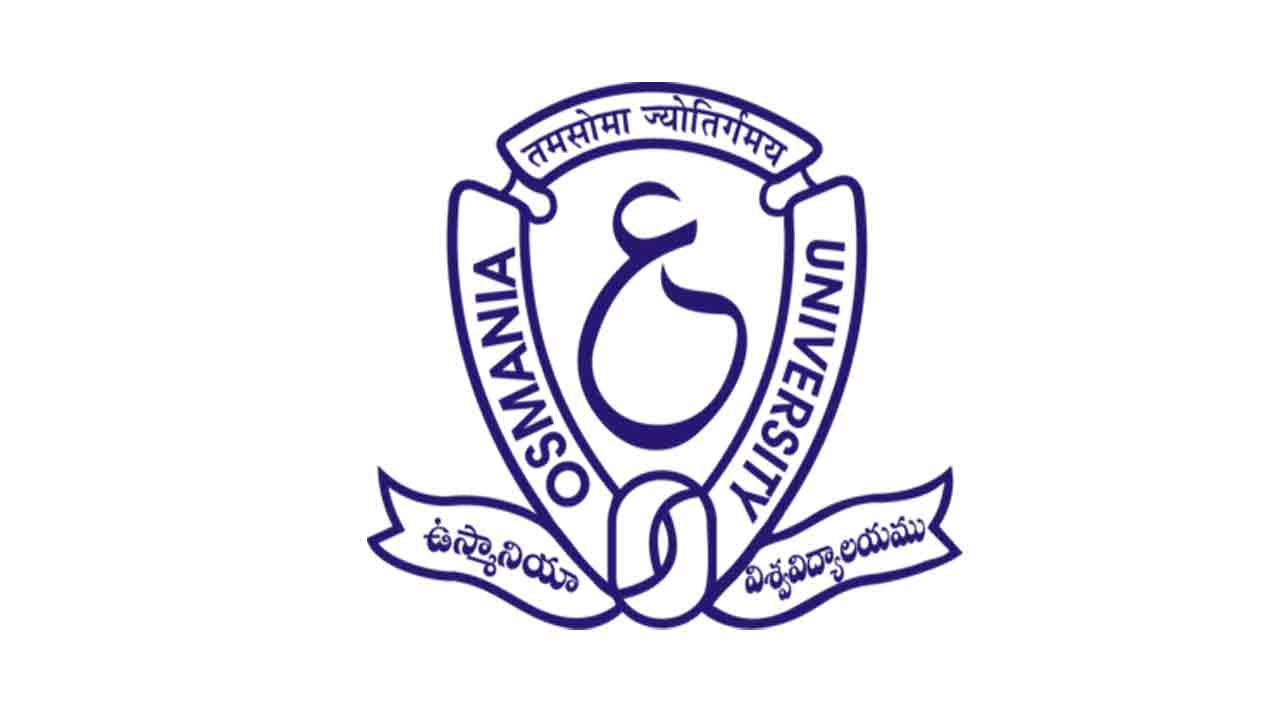How STPs & ETPs Are Leading the Charge in Environmental Protection?
Hydromo: The treatment of wastewater particularly sewerage treatment plants also known as STPs and effluent treatment plants or ETPs play a crucial role in addressing issues of environmental pollution. With industries expanding and cities coming up, there has been an increase in the amount of wastewater being generated, which has a call for health and water systems. Hence, global STPs and ETPs are not only managing these risks but also serving as pioneers in offering sustainable, environmentally friendly solutions for wastewater management. However, they have opted to focus on how these systems of modern technology set the difference.
Click Here To Join Us On WhatsApp
Understanding STPs & ETPs
In order for us to learn the environmental impacts of STPs and ETPs, we have first to find out what these acronyms mean.
Sewage Treatment Plants (STPs)
Domestic sewage that consists of wastewater from communities and some industries is collected by STPs. This therefore means that an STP should work towards minimising contaminants in sewage to a level whereby the resulting effluent waters may be discharged or reused safely.
Click Here To Join Us On WhatsApp
Effluent Treatment Plants (ETPs)
The ETPs, conversely, are aimed at processing industrial wastewater. Effluents from industrial processes often contain dangerous elements that are not treatable using normal municipal sewage systems. This is because they are versatile and capable of treating a whole array of effluents, thereby ensuring that before these effluents leave the industry to the environment, they become environmentally friendly.

The Environmental Impact of Untreated Wastewater
Untreated wastewater has devastating effects on the environment. Below are some major concerns:
Water Pollution: Discharging untreated or inadequately treated wastewater into water bodies leads to the contamination of lakes, rivers, and oceans. This pollution can harm aquatic ecosystems, kill marine life, and disrupt the natural balance.
Click Here To Join Us On WhatsApp
Health Risks: Contaminated water is a breeding ground for disease-causing pathogens. It can lead to outbreaks of waterborne diseases such as cholera, dysentery, and typhoid fever, posing severe health risks to communities.
Soil Degradation: When wastewater is used for irrigation without proper treatment; it leads to soil contamination. The accumulation of heavy metals and harmful compounds in the soil can have an impact on crop quality and agricultural output.
Click Here To Join Us On WhatsApp
Ecosystem Disruption: Nutrient-rich wastewater can cause eutrophication, a process where water bodies become overly enriched with nutrients, leading to excessive growth of algae and other aquatic plants. Fish and other aquatic life perish as a result of this disturbance of the oxygen balance.
How STPs and ETPs Mitigate Environmental Impact?
Modern STPs and ETPs employ advanced filtration and treatment processes to remove contaminants effectively. These processes include physical, chemical, and biological treatments that work together to eliminate pollutants.
Click Here To Join Us On WhatsApp
Physical Treatment: Through screening and sedimentation, big particles and debris are removed in this process. It’s the first step in the treatment process and sets the stage for more advanced treatments.
Chemical Treatment: Chemical processes are used to neutralise harmful substances. For instance, coagulation and flocculation involve adding chemicals to wastewater to form larger particles, which can be easily removed.
Click Here To Join Us On WhatsApp
Biological Treatment: Biological Therapy: This technique breaks down organic materials with the help of microorganisms. Biological treatments are highly effective in reducing the biological oxygen demand (BOD) and chemical oxygen demand (COD) of wastewater, making it safer for discharge.
Recycling and Reuse
One of the significant contributions of STPs and ETPs to environmental protection is the promotion of water recycling and reuse. There are several non-potable uses for treated wastewater, such as:
Click Here To Join Us On WhatsApp
Irrigation: Treated water can be used for agricultural and landscape irrigation, reducing the demand for freshwater resources.
Industrial Processes: Industries can reuse treated effluent for processes like cooling and washing, thereby conserving freshwater.
Groundwater Recharge: Treated wastewater can be used to recharge groundwater aquifers, helping to maintain groundwater levels and prevent depletion.
Click Here To Join Us On WhatsApp
PCB Compliances with Environmental Regulations
Strict environmental regulations of the Pollution Control Board(PCB) are complied with by STPs and ETPs to ensure that effluent discharged into the environment meets them. In addition to these rules, it also helps in safeguarding public health and natural water bodies. In addition, it also encourages industrial and municipal organisations to become more accountable for their actions and care for the environment.
Odour Control and Aesthetic Improvement
Advanced treatment processes will also improve odour control thereby making nearby communities not suffer from nuisance due to wastewater treatment plants. This contributes to better living conditions and improved public perception of wastewater management facilities.
Click Here To Join Us On WhatsApp
Challenges & Solution
Nevertheless, there are still challenges ahead despite the strides made by STPs and ETPs in conserving the environment. They consist of:
High Initial Costs: Substantial investments are required for constructing and maintaining sophisticated wastewater treatment plants.
Technical Expertise: Skilled personnel along with frequent training programs are vital to proper operation of such facilities.
Click Here To Join Us On WhatsApp
Public Awareness: Regrettably, treated wastewater needs wider public awareness as well as acceptability for reuse.
All these challenges can be resolved very swiftly with proper guidance and maintenance from one of the leading brands Hydromo. With their professional expertise, any commercial or industrial wastewater challenges can be resolved.
Click Here To Join Us On WhatsApp
Conclusion
Wastewater Treatment is one of the most important processes via which we can fight back against environmental pollution and degradation. Through proper treatment and recycling of wastewater, they help to prevent pollution that would otherwise be harmful to our health besides promoting sustainable use of water. The impact role of STPs and ETPs will only become greater as we continue grappling with growing environmental issues. Advanced wastewater treatment technology investment together with the promotion of environmental management benefits will pave the way for a cleaner, healthier tomorrow.
Contact Hydromo for More information on this
Next Story :
Now you can get the latest stories from Indtoday on Telegram every day. Click the link to subscribe. Click to follow Indtoday’s Facebook page, Twitter and Instagram. For all the latest Hyderabad News updates





